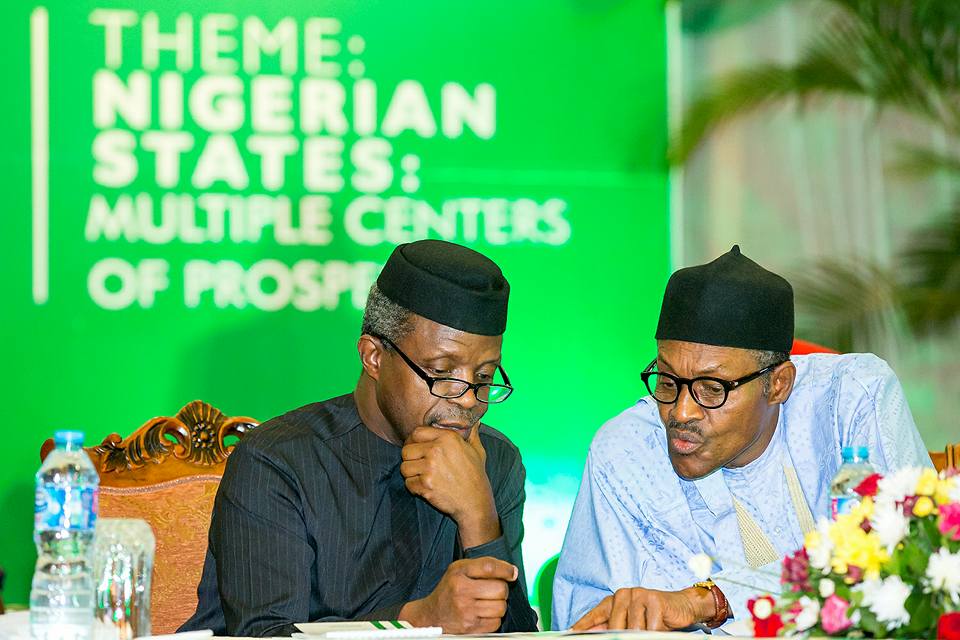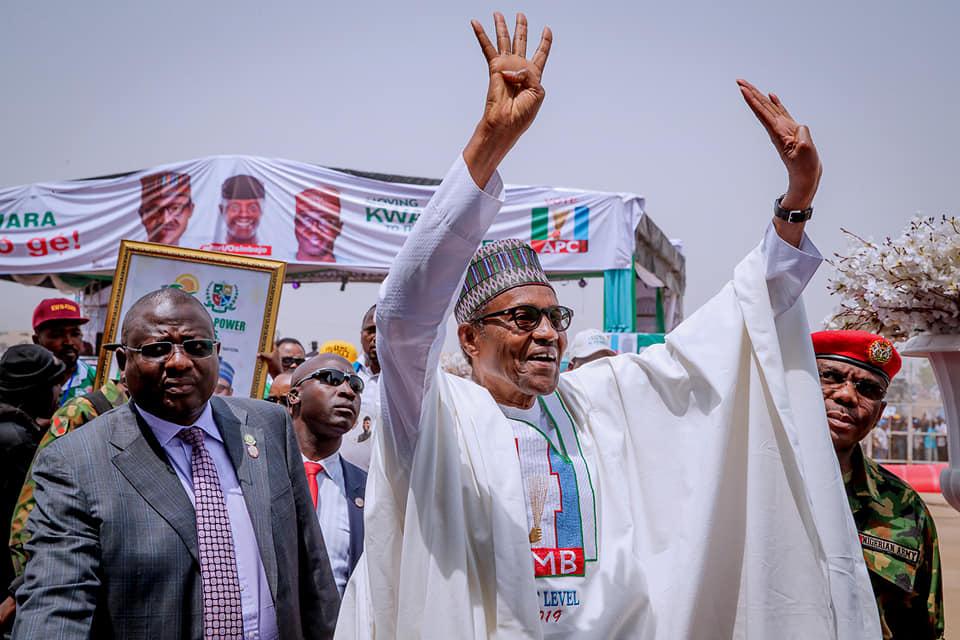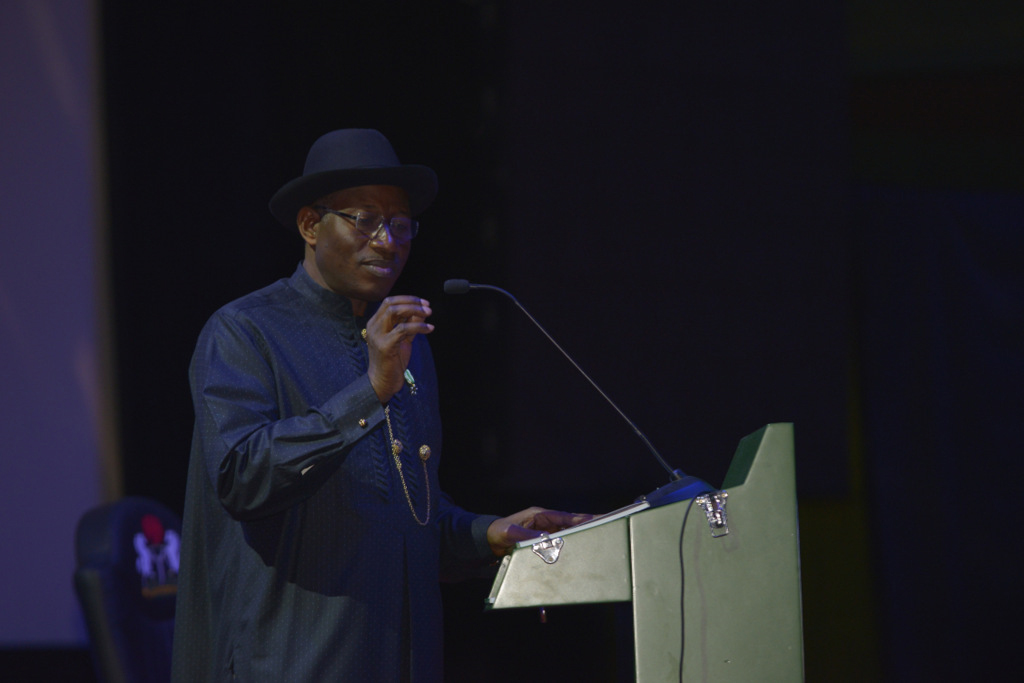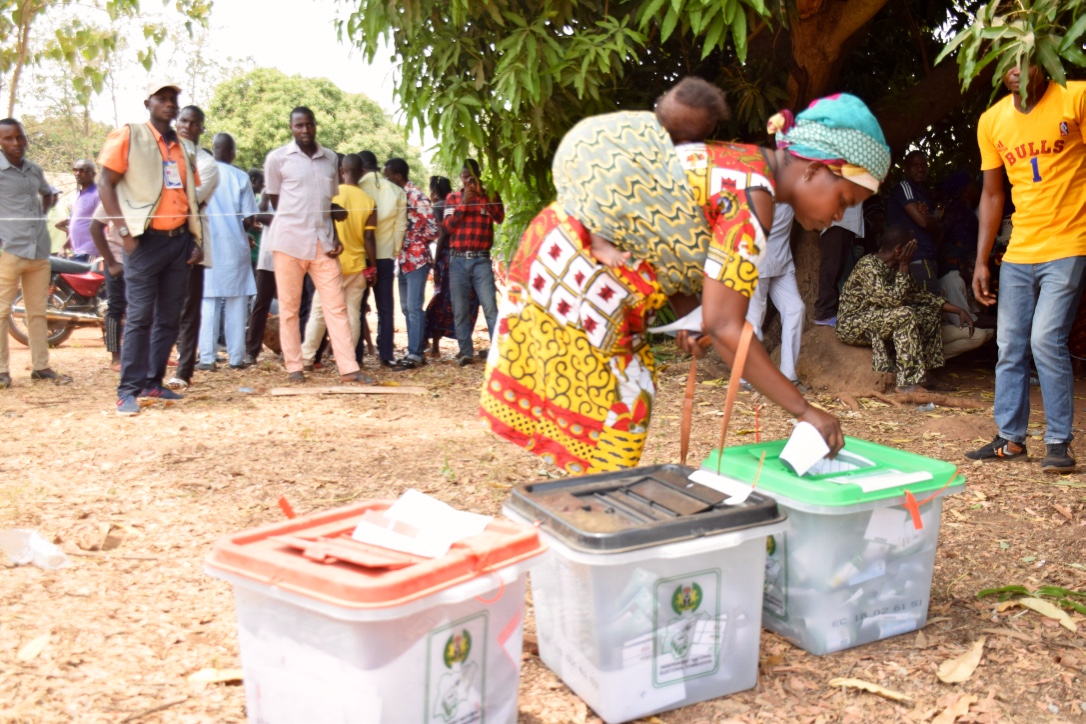BY BABATUNDE IRUKERE
Our society, like many that have evolved, is at a critical crossroad, where the wrong path leads to the loss of our identity and values, and silences the majority, but the right path, though arduous, will lead us to reclaiming who we are, and moving our nation forward to the place where we no longer confuse the amplified voice of a vocal minority for the voice of our nation’s heartbeat.
There is a tool which has amplified voices world over, including here in Nigeria. Now, we sit in our homes, offices, cars, or even stand in street corners, and yet speak to the world. This tool has changed how a society measures its pulse, and gauges moods. It is a platform which has effectively changed our lives for better and worse at the same time. This tool is social media. A platform where people are emboldened by the potential anonymity and distance from their audience, to boldly speak truth, spawn lies, and spew bigotry. Nigerians have effectively mastered this tool and space, we live on it and feed off it. Even our social commentators and traditional media outlets have learnt to use social media as a measure of our social pulse, and public response to burning issues.
By so doing, the analysts give social media a much louder voice and a higher seat at the table, forgetting one critical factor – Nigeria’s majority are not on social media. As our social conversations moved from offline to online, we have excluded our critical majority, simply because the minority have embraced, harnessed and exploited this amplifier. The danger here is that by hearing only our own voices and having conversations with ourselves alone, we mistake it as the pulse and constantly neglect the existence of the significant and drowned out majority, and we run the risk of making national decisions that reflect only the pulse of this vocal minority. A risk that exacts a grave price.
The shocking outcome of the United States’ presidential elections is an example of how the world mistook the vocal minority voice as the measure of a nation’s pulse. Another example is the unexpected outcome of the Brexit referendum, which led to the resignation of the then Prime Minister, David Cameron, and a two-year plus Brexit negotiation which now threatens to divide and diminish the United Kingdom. These outcomes took the world by surprise, because the tool we have come to rely heavily upon as our gauge for collective mood failed, even in countries where social media is more generally used by larger percentages of their respective populations. These countries have learnt the hard lesson that winning on perception polls does not necessarily translate to winning elections and referendums, because the numbers, indicators and yardsticks relied upon for such polls are often myopic and are not necessarily those that matter to or measure the heartbeat of the majority of the population.
Advertisement
Responsible, wise and attentive leadership must therefore see through these, and reach beyond such predictions, analysis and reportage, in order to connect with the quietly brewing majority. Otherwise, leadership will find itself flying blindly, and constantly trying to deal with consequences and aftermaths of unexpected societal decisions. In short, it will be chasing its tail and never catching it.
What then must the leadership do?
When President Muhammadu Buhari’s administration came into power on May 29, 2015, he outlined the major challenges facing the nation as corruption, infrastructure, insecurity and youth unemployment, amongst others. He committed to making these the focal areas of his administration. This defining of the focal areas was the result of the President and Vice President’s interactions with Nigerians in all corners of our nation, on and off social and traditional media. It is from such interactions (particularly off-media) that these leaders came to understand the pain points of the ordinary Nigerian.
Advertisement
This administration, even after taking office, continues to prioritise these off-media interactions with the public. It is such conversations, which happen in market places, people’s homes, street kiosks and community squares, that have revealed that all a pepper seller needs to grow her business is a loan of 10,000 Naira; or that the small shop owner only needs 50,000 Naira to expand his trade; or that parents will be encouraged to let their wards attend school if the government takes the responsibility of one meal off them; and that the farmer’s greatest need is a loan to acquire more farm implements in order to increase his harvest. These people are not on social media, but by going to them, we hear them, communicate our commitment directly to them, and we are able to appropriately serve them.
For the first time, we have a government giving direct, interest free loans to petty traders, small shop owners and artisans, as an investment to support their businesses, and grow our economy. However, for curiously dubious reasons, these social investment programs have been tagged vote buying, in order to scorn the programme and devalue its true impact. I don’t think the point requires clarification, but the defence of the dignity of beneficiaries obligates me to clarify this.
The Government Enterprise and Empowerment Program (GEEP) was initiated by the Federal Government to tackle poverty by empowering small business owners in the country through access to interest free loans. The programme, which started in 2017, has supported over 2.3 million people, 56% of whom are women, and none of whom was required to provide any information relating to their voter registration status. It is absolutely disingenuous and dishonourable for anyone to characterise these hard working, industrious and honest beneficiaries as vote sellers. It is indeed possible that by this initiative, the President Buhari led administration has gained support and the buy-in of many, and there is nothing wrong with that. In fact, a key responsibility of any government is to demonstrate that it is deserving of re-election. If by its social investment programmes, this administration has been able to secure voter buy-in into its vision for this country, then we must commend rather than condemn it.
We ought to ask ourselves, how is it that a government which earns less than previous administrations is able to do much more- invest the highest amount in infrastructure; bail out states struggling to pay salaries and pensions; invest directly in people’s businesses; while still saving for the rainy day. The answer is simple. Plug leakages.
Advertisement
What President Buhari’s administration has demonstrated is that, while paying attention to the vocal minority is important, seeking out the silent majority and amplifying their voices, is crucial for true nation building. This approach is redefining and recalibrating the values upon which governing our nation must be built. By devaluing the governance style that caters to the need of a select few, and rather prioritising the interest of the majority, this administration is paving way for the emergence of a new political elite – an elite circle defined by character, value, commitment to service, responsibility and selflessness.
The work for the real social transformers is now to redirect our social conversations to the needs and yearnings of this silent majority at conversation tables. This is how we will lay the foundation for the emergence of a new ruling elite, one which is not defined by money, but by genuine commitment to the service of our people. A seismic shift is occurring, and it is opening the space for political participation on grounds of public acceptance and affordability.
Previous elections bled the treasury and nation to anaemia. Now, in 2019, the complaint is that there isn’t much money from government moving around for the elections. The shift is happening. Now, to be in politics, intentions, rather than deep pockets, are beginning to define qualification or lack thereof.
By shunning money politics, President Buhari has taken a first and crucial step towards transforming and redefining our society and political space, and thereby created an opening for honest aspirants to fairly compete. The opportunity that this presents to the whole nation is a recalibration that the real elites must take advantage of. Leadership must, and always emerges from a small pool of elites. The responsibility that we have now is to redefine the characteristics that the small pool of elites must possess to be worthy of our nation’s highest office, where record and character will be the core values.
Our role as social commentators and conscientious elites is to widen this opening, wedge it, and refuse to let door shut in our face. It is our gateway to true and honest leadership which continuously makes room for everyone to have a say. It is the path to strengthening and amplifying the voice of our majority, and permanently securing their place at the table of national discourse. It is the path to a social transformation that leads in the right direction, where we place substance over form, honesty over flattery, character over appearance, and transparency over eloquence or grandiosity, when making the critical decision of who will lead our nation.
We have arrived at a crossroad, we must choose a path for the social and political transformation of our nation, it is time to choose whether to appease a minority or serve the majority? President Muhammadu Buhari has shown us the way of service to the majority, will we follow, and together, build our nation?
Advertisement
Views expressed by contributors are strictly personal and not of TheCable.
Add a comment






